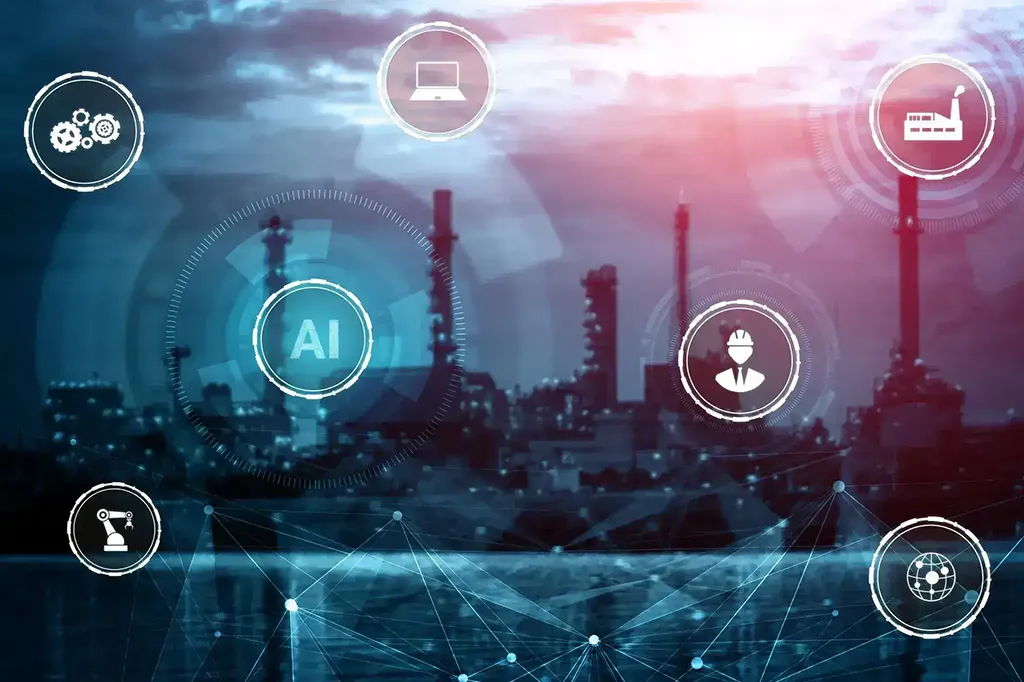
The last few years have seen some truly dramatic developments in the field of artificial intelligence (AI). Hardly a week goes by these days without some announcement of a new record being broken by clever artificial intelligence algorithms. So what is AI and why now? Intelligence is an agent’s ability to adapt to and to achieve goals in its environment. Artificial simply means non-biological. However, the lines are starting to blur between biological and non-biological (machine) intelligence. In fact, it’s become pretty clear that there is no fundamental difference between the two, and that they are in fact, fast converging. The important concept seems to be computation.
So why now? There are several reasons for this. They involve the amount of labelled data available, tremendous increase in compute power as well as advances in algorithms, the software that processes all this new data. In November, for example, Google stunned the machine learning community by open sourcing it’s prized framework TensorFlow, that it uses in over one hundred of its internal projects, making this software freely available to the world overnight. This was followed almost instantly by a flurry of companies all open sourcing similar frameworks, including Microsoft and Samsung.
For hardware development, the advent of GPU’s has been a major factor in enabling the rapid progress of AI. Once used exclusively by the gaming industry to render graphics in real time, GPU’s are now used by research and industry for a multitude of applications including virtual reality, self-driving cars, drug discovery and untold more processor intensive work. For example, the Nvidia Tesla K80 GPU has nearly 5000 cores on a single processor. Along with the hardware, data is also increasing exponentially due to the Internet of both people and things. This includes labelled and unlabelled data — deep learning algorithms can analyse and process both types. The development of specialised hardware such as FPGA’s and ASICs (for example, Google’s TPU) are also propelling the advancement of AI.
Other events which signal that a deep impact on society is just around the corner, include Google Deepmind’s AlphaGo artificial intelligence system beating one of the world’s top Go players, Lee Sodol. The important point here is not only that the machine won, but how short a period it took this system to beat a world champion from project inception to actual win — around two years. AlphaGo used general purpose learning and search algorithms with the profound implication that machines could quickly develop superhuman capability in many other types of tasks.
Finally, the UK and US governments have become concerned enough to launch their own public inquiries into robotics and artificial intelligence, in effect asking experts from science and industry to come forward with their views and insight into what is happening in the field of AI. The inquiry is asking how jobs, the workplace and wider society will be affected by the rise of robotics and AI, along with social, ethical and legal issues which may arise along with the technology. Given the exponentially accelerating nature of AI developments, these enquiries are timely indeed.
